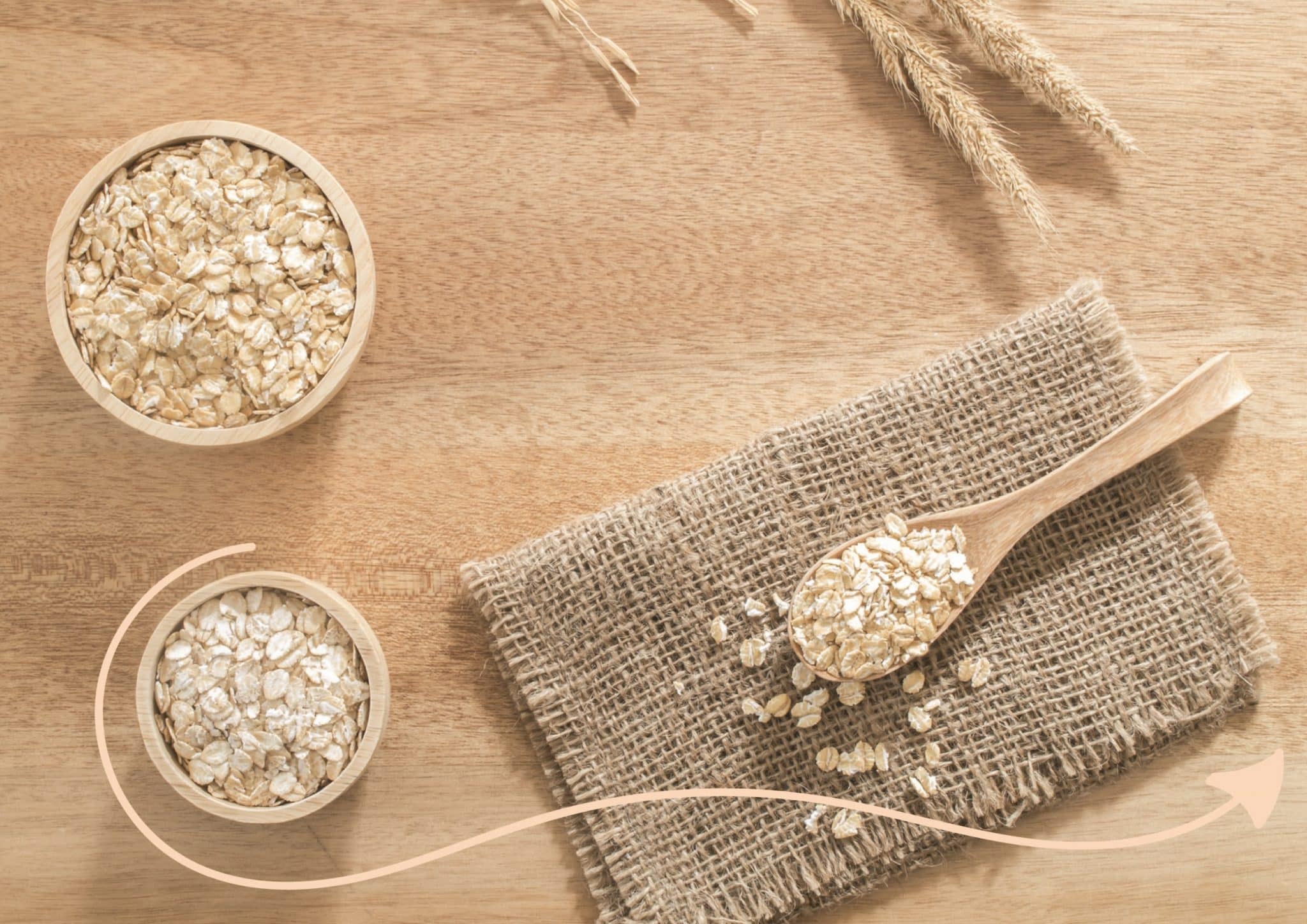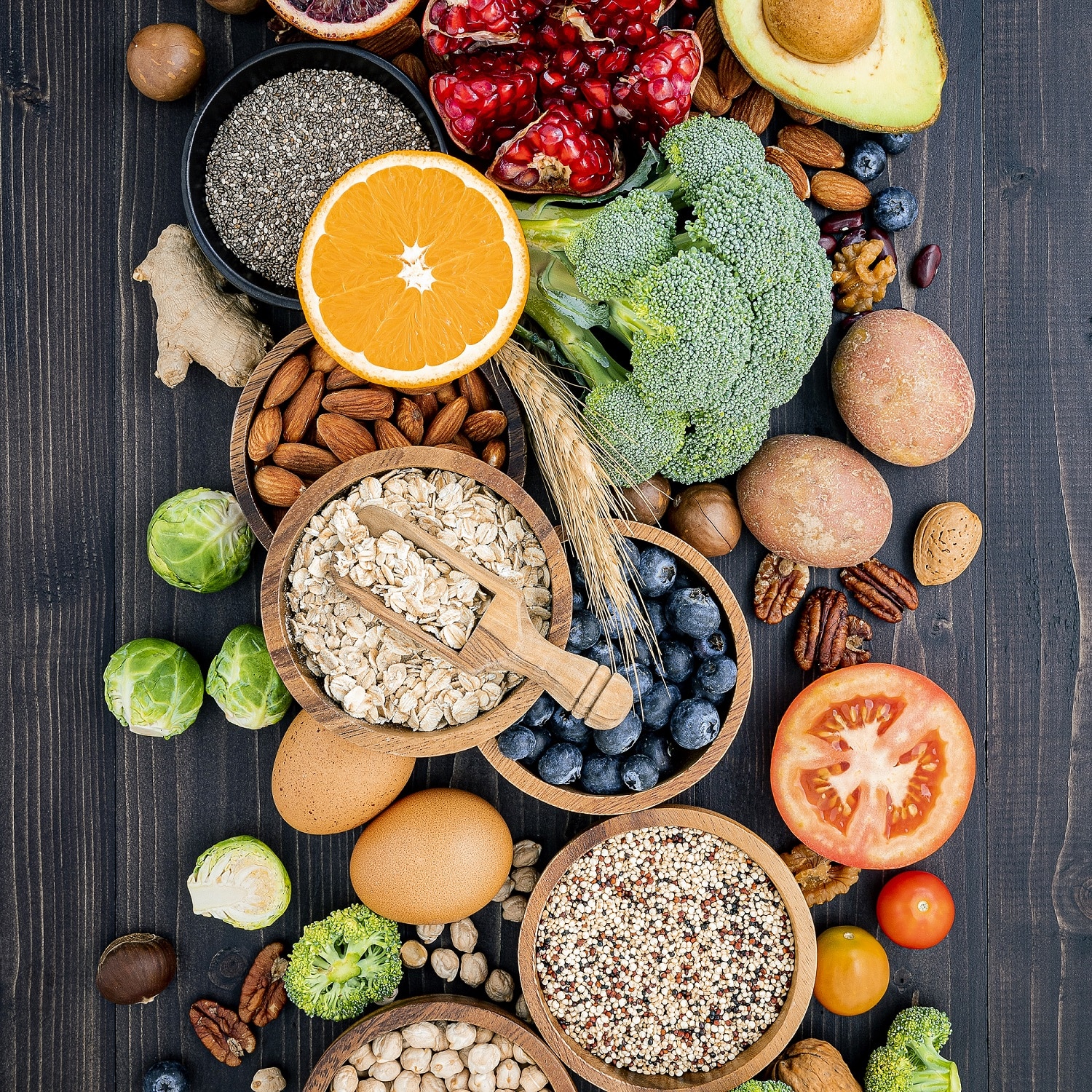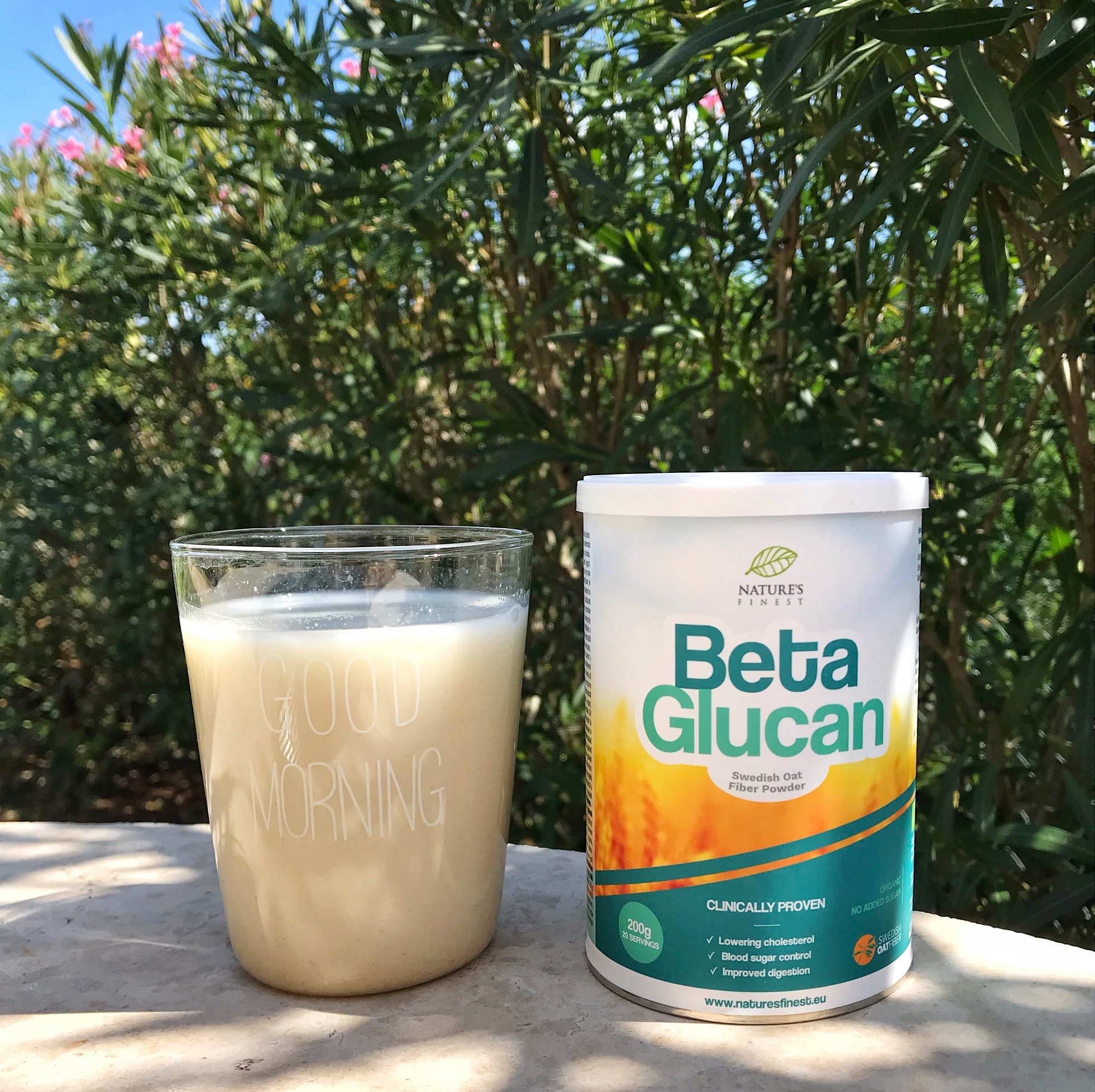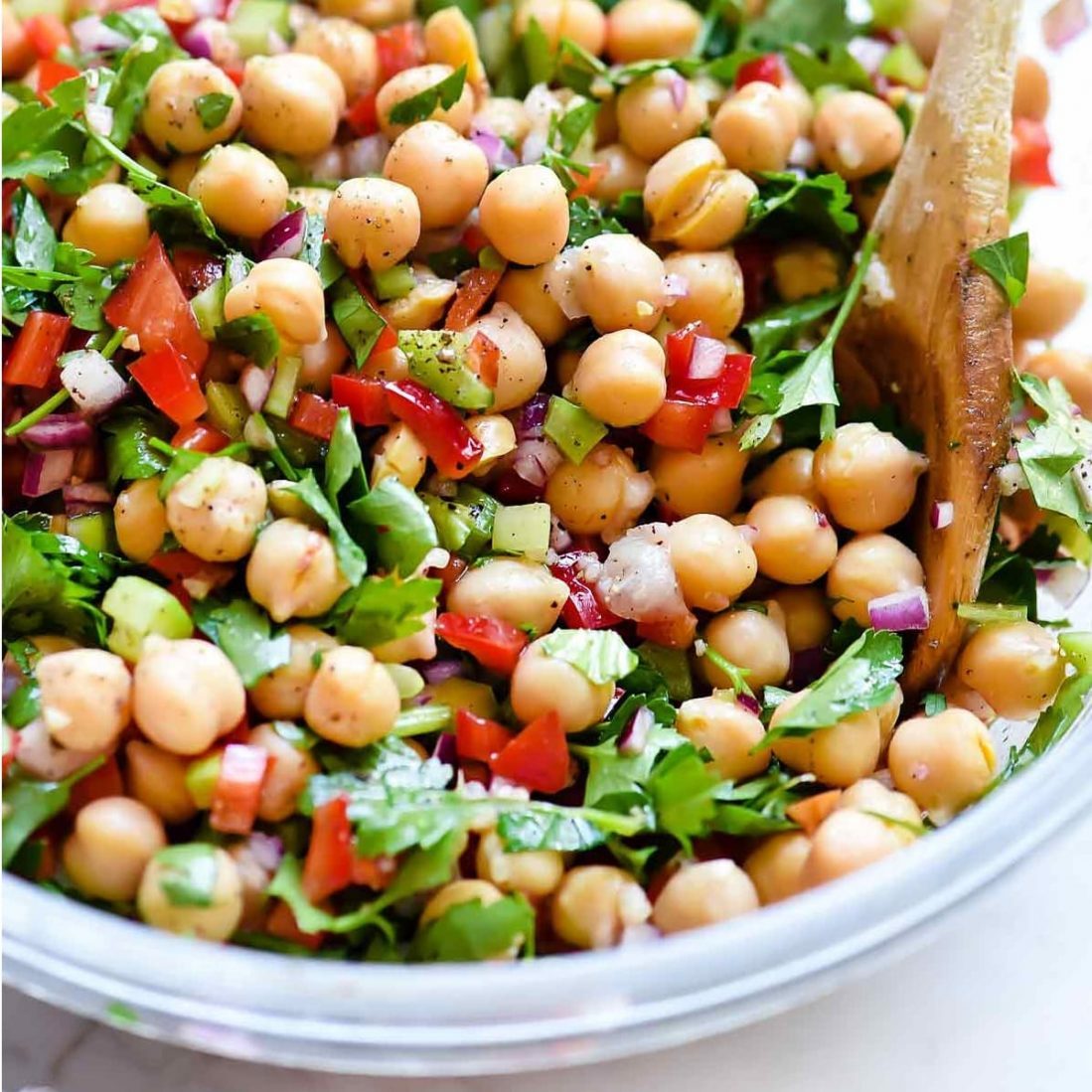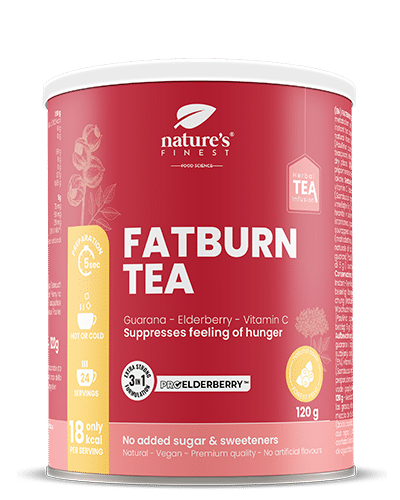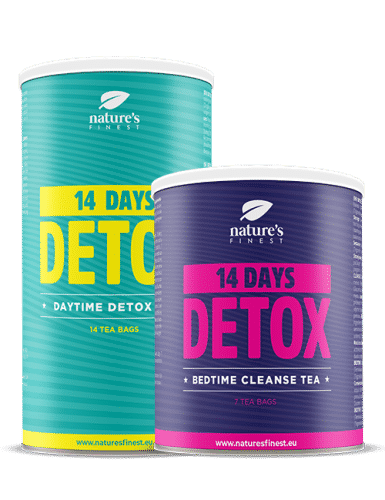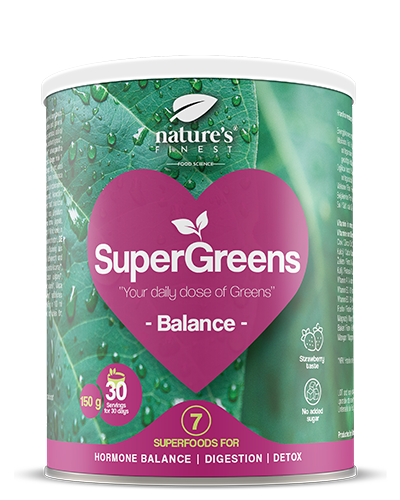
Why eat fibre every day?
Fibres have a very positive effect on digestion. A diet that contains a very small amount of fibre travels through our digestive tract for 60 up to 90 hours. However, a diet rich in fibre only needs 30 hours or less. This means that the more fibre our diet contains, the faster our digestion will be. Fibres also have a beneficial effect on the intestinal mucosa, give us a longer feeling of satiety and regulate the rise of blood sugar. They also have a positive effect on lowering cholesterol. Oppositely, too low fibre intake can cause constipation and intestinal irritation.
How much fibre is recommended to be consumed daily?
The recommended daily intake is at least 40 g of fibre for men, and at least 25 g for women. For the elderly, a slightly lower amount is recommended, namely 21 g of fibre per day for women, and 30 g for men.






